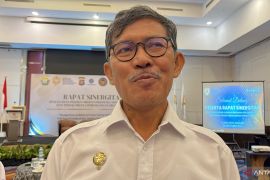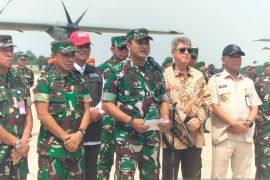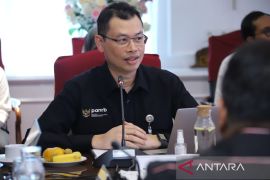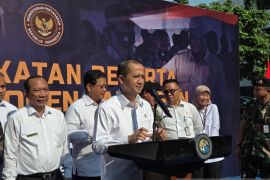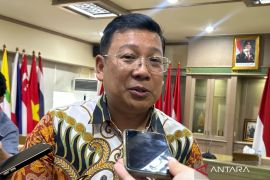"Once the Global Fishing Watch kicks in, no fishing boat will be able to hide," Minister of Fisheries and Marine Resources Susi Pudjiastuti said.Jakarta (ANTARA News) - Indonesia will launch a campaign, called Global Fishing Watch, in 2016 to monitor the movement of fishing boats in the countrys waters.
"Once the Global Fishing Watch kicks in, no fishing boat will be able to hide," Minister of Fisheries and Marine Resources Susi Pudjiastuti said at a ceremony to celebrate the ministrys performance over the past one year.
She said the system was being put in place in cooperation with a number of companies, including Google, the most used search engine in the cyber world.
The device that will help in monitoring boats movements was the result of her recent visit to the US, she said, adding that common people would be later also able to monitor the movement of fishing boats in the Indonesian waters.
The Association of Indonesian Traditional Fishermen (KNTI) had recently stated that Indonesia needs to stop issuing permits for foreign ships to operate in the countrys waters to end the practice of poaching of national fish resource.
"Indonesia need not be afraid of protests or harassment by other countries for such an action," KNTI head of legal development, Marthin Hadiwinata, said here on Tuesday.
He said it was possible to ban foreign fishing ships from operating in the country and such a move would also possibly be supported by international regimes based on three conditions.
The conditions are that fish resource in the country are finite, , the availability of national resources supports for utilization of national sea resources sustainably and fairly as well as the availability of national regulations that support a ban on fishing by foreign boats with regard to achieving sustainable fishery management.
Marthin said the challenge was to improve and update the data on national fishery conditions to assure that fish availability data is accurate and fishing permits could be allocated after a moratorium.
He said a friendly and responsible fishery policy with regard to licensing, manpower, procurement, capital and supervision was also needed to support mobilization of national fishing fleets to operate in the national waters.
"Revise and harmonize national laws such as the fishery law and the presidential regulation on negative investment list that still leaves an opportunity for foreign parties to makes it legally possible for them to obtain a license to catch fish in the countrys waters and in the exclusive economic zone using ships weighing more than 100 GT," he said.
Without the revision, he said, a fishing license for foreign ships could potentially be procured illicitly.(*)
Editor: Heru Purwanto
Copyright © ANTARA 2015


